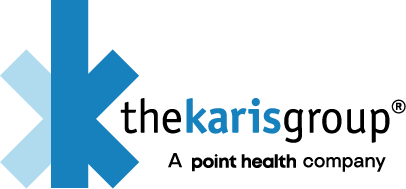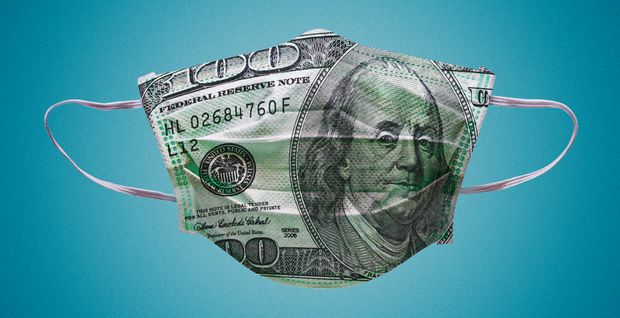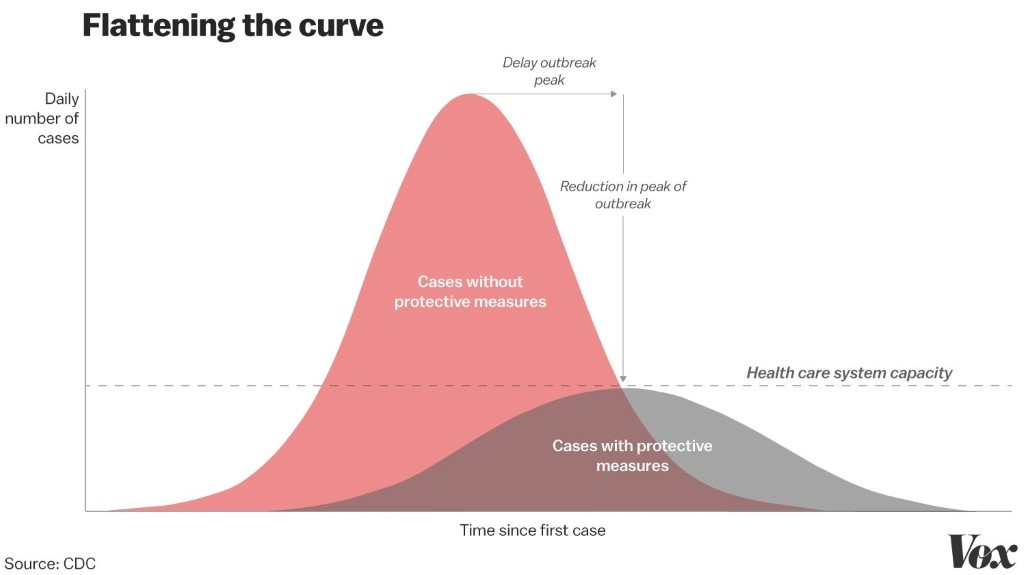A global pandemic is a scary thing, but in some instances, the financial implications of contracting COVID-19 is more intimidating than the virus itself. With businesses closing down and many people temporarily out of work, the thought of contracting COVID-19 and dealing with the potential costs of treatment only adds to the stress.
Although testing for COVID-19 is covered, many uninsured and underinsured individuals have been left responsible for footing the bill should they need to seek treatment. Even the insured aren't fully covered, especially if they're on a high deductible plan. At some hospitals treatment could vary from $20,000 - 30,000 depending upon how long the hospitalization lasts.
So, realistically, how do we minimize the financial harm that can be caused by COVID-19?
1. The easiest answer is to practice social distancing and stay home minimizing your risk to exposure, therefore, minimizing your need for medical care.
But that would be in a perfect world, what if I've been exposed or am experiencing symptoms?
2. If you're feeling sick, not in an at risk group, and experiencing mild symptoms, utilize telemedicine. A health care professional can advise if you need to seek-out testing or additional treatment. Unless you're experiencing severe symptoms, the last thing you should do is head for the Emergency Room, an ER visit alone could leave you responsible for a bill worth a couple grand.
If you don't have access to telemedicine and would like a more basic COVID-19 screen, the CDC has set up a free self-check that takes you through a series of questions to help you make the best decision for your situation.
Ok, so I utilized Telemedicine and the doctor told me I need to go in for testing, what now?
3. The good news is that under the Families First Coronavirus Response Act, all insurers are required to cover COVID-19 testing and the government will provide funding for testing of the uninsured. In addition to the act, there are companies like Everlywell that have developed at-home test kits. These test kits can be prescribed via telemedicine, cost $109, and can be paid for using an HSA or FSA account.
Testing is covered, great. What about treatment?
Insured individuals are covered aside from what they owe on their deductible, but if you're uninsured, that's a little bit trickier. The best thing you can do is have a game plan before you get sick and know which hospitals in your area offer financial assistance and uninsured discounts. This information can typically be found on the provider's website.
Ideally the government would ensure all have coverage for COVID-19 testing and treatment, but we're not there yet. So until then, stay engaged, informed, prepared, and stay home.
Want additional information on how to be an engaged health care consumer during this time? Watch our webinar "Empowering Patients During the Age of COVID-19"






